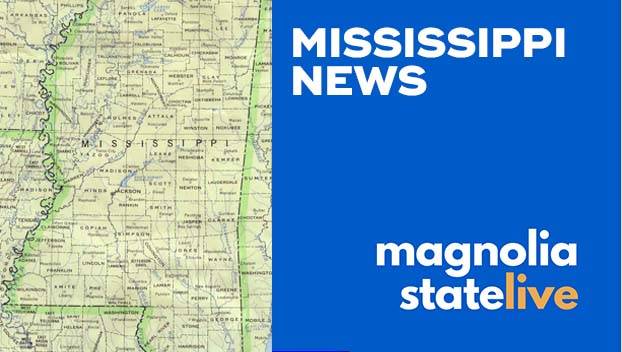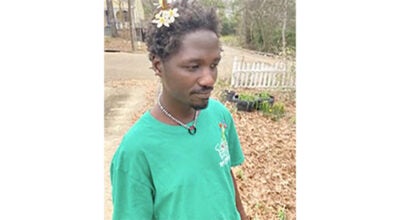State to allow drug felons to apply for food stamps
Published 11:14 am Thursday, May 2, 2019
Mississippi will start allowing people with felony drug convictions to apply for federal food assistance.
The new policy takes effect July 1 and could affect as many as 67,000 people, the Clarion Ledger reported.
Lawmakers approved the change earlier this year in a bill aimed at shrinking the prison population and cutting the number of people who return to prison.
A 1996 federal law put a lifetime ban on people convicted of state or federal drug felonies from receiving aid from the Supplemental Nutrition Assistance Program, often known as food stamps, or Temporary Assistance for Needy Families, cash welfare. However, state legislatures could opt out of the ban.
Mississippi, South Carolina and West Virginia were the only states that had not opted out.
Republican Sen. Sally Doty of Brookhaven pushed for the change. She said eligible SNAP participants must meet income requirements and either have a job or participate in workforce training or classes to earn a high school equivalency diploma. With the ban in place, the education and job training programs were unavailable to people with drug felony records.
“I saw no reason to treat drug felons differently than those with violent offenses,” Doty said. “And the ban had a larger effect on women, who generally have lower-paying jobs and could greatly benefit from the education and training programs, as well as the nutritional support. The overall goal is for anyone who has previously been incarcerated or struggled with addiction to become productive members of our communities.”
SNAP provides monthly benefits to help low-income households buy food. The federal program is administered by the Mississippi Department of Human Services.
Department of Human Services staff attorney Dewitt Fortenberry said the agency can’t say with certainty how many more people will qualify because of the change.
However, the nonprofit Mississippi Center for Justice said as of 2017, an estimated 67,376 Mississippians who had state drug felony convictions could be affected by the federal SNAP ban at some point. Based on 2011 figures, an estimated 5,200 women statewide could be impacted by the TANF ban during their lifetimes.
The SNAP program is federally funded, and Mississippi receives about $60 million a month for it.
The maximum monthly household income limit for a family of four is $2,665 and the maximum monthly SNAP payment would be $640.
Mississippi Center for Justice said lifting the SNAP and TANF drug felony ban in Mississippi could decrease recidivism. The center said a lifetime ban heightens hunger, unemployment and economic instability, especially for women and their families.
“One in five Mississippians and one in four children statewide are hungry — the highest in the nation,” said Kathryn Rehner, a policy associate for the center. “Lifting the SNAP/TANF drug felony ban will help put food on the table for thousands of children and families in our state while increasing access to workforce training and helping reentering citizens find work and stability.”






